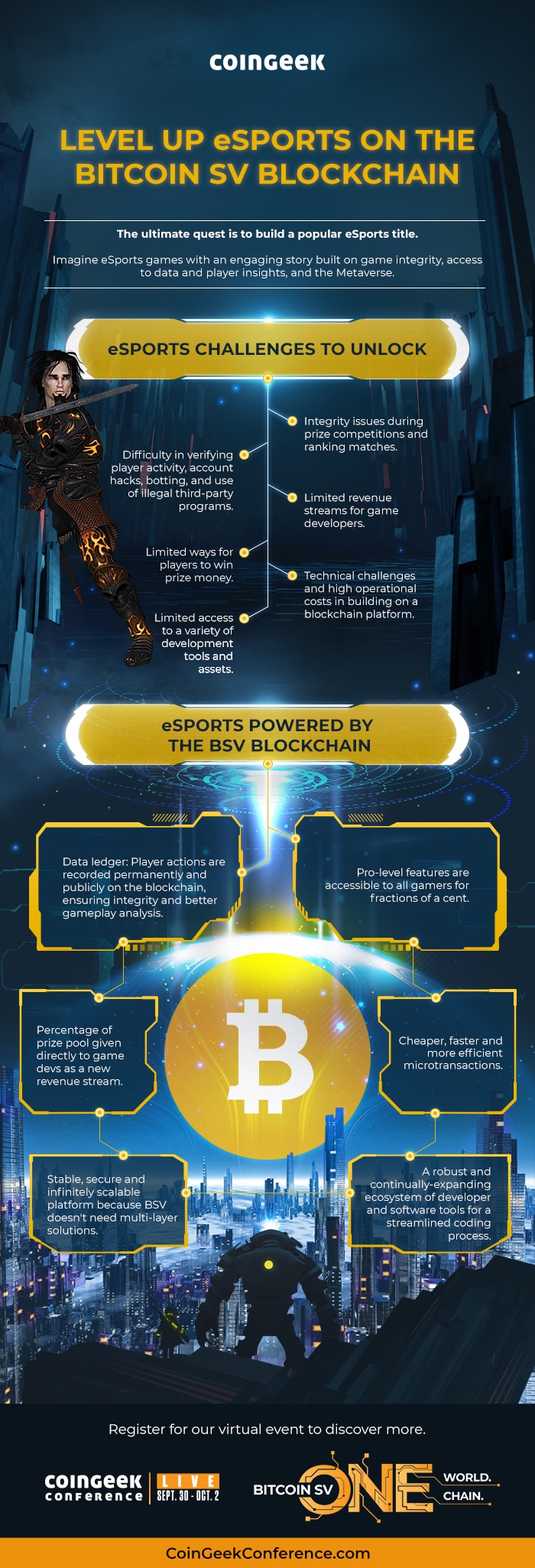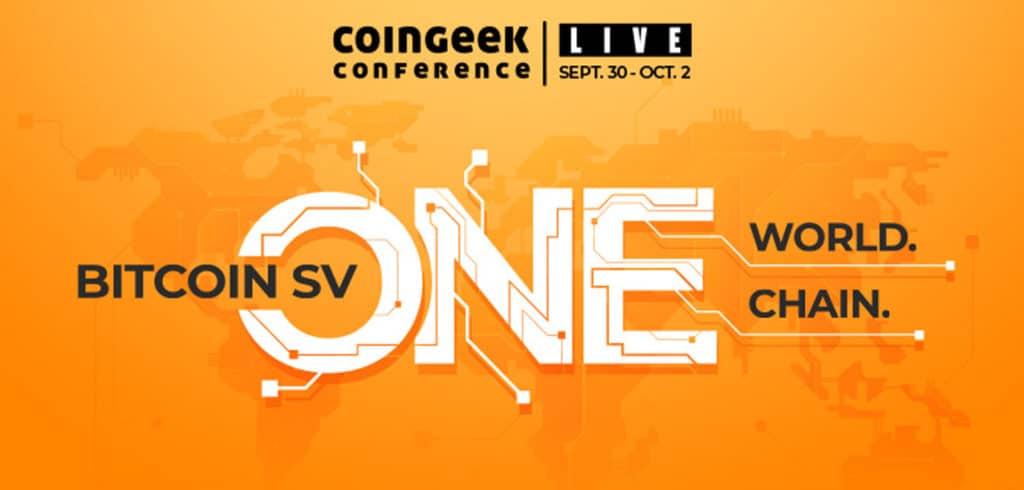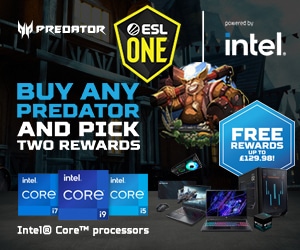Promoted article (contains affiliate links)
The past decade has seen a meteoric rise in the popularity of esports worldwide.
For players, competitive esports has grown into a professional sport like any other, attracting substantial rewards for those with all-conquering skills.
For spectators, it’s a chance to watch the best players in the world battle head to head, a new form of entertainment with an ever-growing international fanbase.
Since the very beginning, the synergies between esports and Bitcoin have been widely recognized and discussed, with mutual benefits to both the esports industry and global Bitcoin adoption.
Some predictions put revenue from esports on track to be larger than Formula One or the UEFA Champions League by 2022, reflecting the sheer scale of growth in the sector. This is a rapidly expanding space, yet one which still lacks the appropriate technological infrastructure to handle its specific needs.
It’s not that esports is currently held back by insurmountable obstacles – rather, that there are better options available for esports developers.
This is where blockchain comes in. The technology is ready-made to serve esports and gaming, with provable fairness and data integrity at the heart of what advantage distributed ledger technology has to offer the industry.
Beyond that, it is BSV that is said to be best equipped to respond to the demands of esports, with unbounded scaling and microtransaction efficiency developers are increasingly looking for when creating esports titles.
According to Adam Kling of Kronoverse, esports are simply an extension of regular video games, with the challenge of meeting the at-scale needs of a popular multiplayer game. Not to forget the competitiveness and the spectator element, of course.
“Esports is an extension of what is possible with a video game. That is, a community evolves around your game and is competitive with each other to be the best in tournaments, etc,” Adam Kling said.
“This creates a sticky fanbase of players and spectators that help drive revenue and growth for the game as well. So it’s not a problem they are trying to solve, it’s more of a goal to become a popular esports title.”
The BSV blockchain solves issues for esports. It does so right now, without the need for further technical upgrades. Thanks to the unique features of Bitcoin over other blockchains, BSV is already equipped to handle the needs of global esports, with the capacity to deliver greater game integrity, greater access to data and better player insights.
From studios in both New York and London, CoinGeek Live is proud to present an esports specific panel for the first time.
The conference will, naturally, be virtual, but it is far more than just ‘Zoom-heads’ on a black background. This panel takes place at 9.35am EDT (2.35pm BST) on Friday, October 2nd.
Blockchain’s immutable ledger is a great way to help purge esports of any integrity issues but, to date, a reliance on Ethereum as the blockchain of choice has left the industry with two problems:
- Ethereum is at capacity, which discourages gamers who want to buy, sell and trade in-game items frequently
- Ethereum is also expensive from a transaction fee point of view for players and for game providers
The panel discussing the issues and solutions for blockchain technology within esports are:
- John Brackens, CTO, Esports Entertainment Group
- Adam Kling, Founder & CEO, Kronoverse
- Rahul Sood, Co-Founder at Unikrn & Creator of Microsoft Ventures
Head to https://CoinGeekConference.com/esports for more information on how Bitcoin SV solves esports issues and to register for this free conference click here.
CoinGeek Live is sponsored by The Bayesian Group, Bitcoin Association, the Cozen O’Connor law firm, EHR Data, NB Domain, nChain, TAAL, Omniscape and more.

Promoted article (contains affiliate links)



